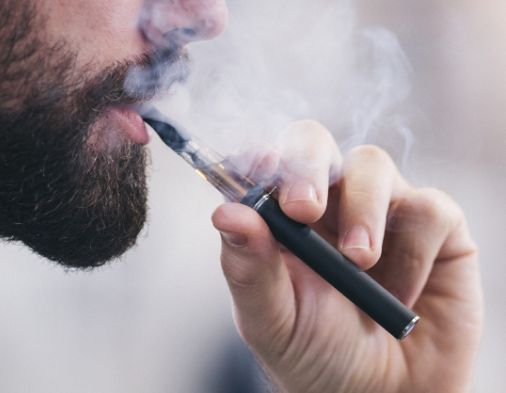What is popcorn lung?
Popcorn lung, also known as bronchiolitis obliterans or obliterative bronchiolitis, is a serious condition characterized by scarring of the smallest airways in the lungs, known as bronchioles. This scarring leads to a reduction in their capacity and efficiency. The condition is sometimes abbreviated as BO or referred to as constrictive bronchiolitis.
The causes of bronchiolitis obliterans can vary, stemming from various medical and environmental factors. Infections caused by viruses, bacteria, and fungi can lead to inflammation and damage of the bronchioles. Additionally, inhalation of chemical particles can also result in this condition. While diketones like diacetyl are commonly associated with popcorn lung, the National Institutes of Health has identified several other chemicals capable of causing it, such as chlorine, ammonia, sulfur dioxide, and inhaled metal fumes from welding.
Unfortunately, there is currently no known cure for popcorn lung, except for undergoing a lung transplant. However, it is important to note that even lung transplants themselves can potentially trigger the development of bronchiolitis obliterans. In fact, bronchiolitis obliterans syndrome (BOS) stands as the primary cause of chronic rejection following lung transplantation.
Does vaping cause popcorn lung?
There is currently no documented evidence proving that vaping causes popcorn lung, despite numerous news stories suggesting otherwise. Vaping studies and other research have failed to establish any link between vaping and popcorn lung. However, examining the exposure to diacetyl from cigarette smoking might provide some insight into the potential risks. Interestingly, cigarette smoke contains significantly higher levels of diacetyl, at least 100 times more than the highest levels found in any vaping product. Yet, smoking itself is not associated with popcorn lung.
Even with over one billion smokers worldwide who regularly inhale diacetyl from cigarettes, no cases of popcorn lung have been reported among smokers. The few instances of individuals diagnosed with popcorn lung were predominantly workers in popcorn factories. According to the National Institute for Occupational Safety and Health (NIOSH), smokers with bronchiolitis obliterans exhibit more severe lung damage compared to smokers with other smoking-related respiratory conditions like emphysema or chronic bronchitis.
While smoking carries well-known risks, popcorn lung is not one of its outcomes. Lung cancer, heart disease, and chronic obstructive pulmonary disease (COPD) are associated with smoking due to the inhalation of carcinogenic compounds, tar, and carbon monoxide. In contrast, vaping does not involve combustion, eliminating the production of tar and carbon monoxide. In the worst-case scenario, vapes contain only about one percent of the diacetyl found in cigarettes. Although anything is theoretically possible, there is currently no evidence supporting the claim that vaping causes popcorn lung.
Post time: May-19-2023






